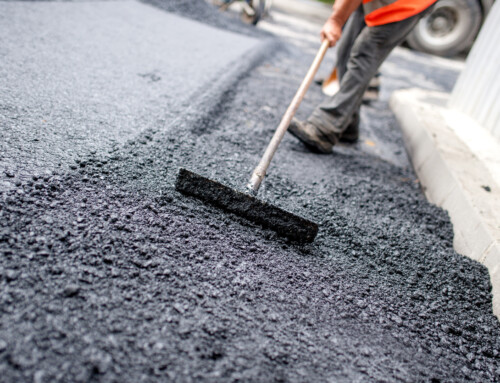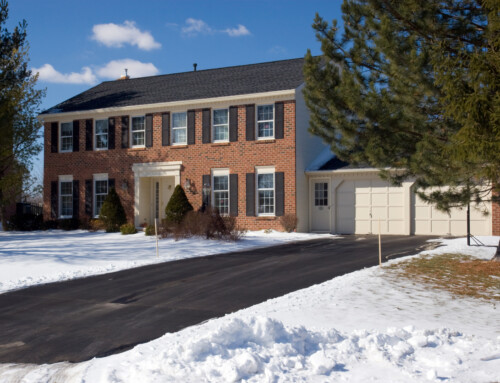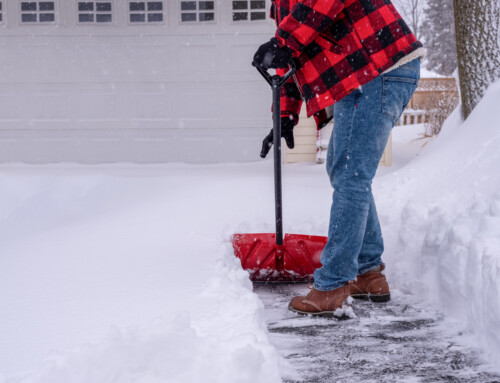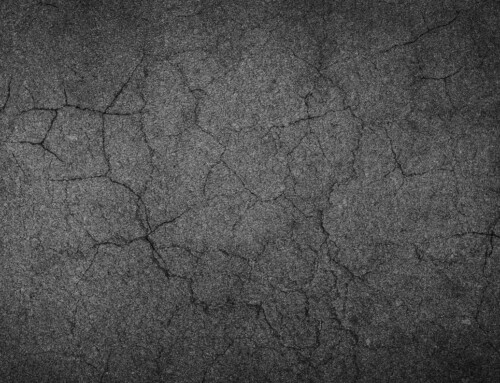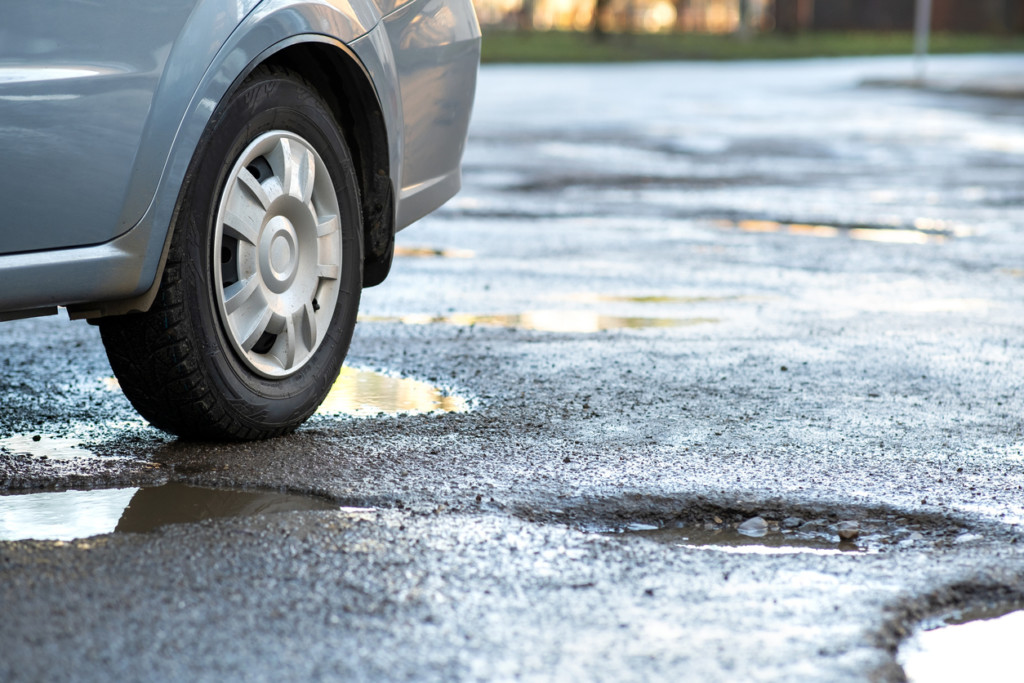
Asphalt has quickly become one of the most popular options for surface paving thanks to its durability, flexibility, and ease of installation, but that doesn’t mean it doesn’t require maintenance. If you’re seeing any of these signs of wear and tear in your asphalt, taking early corrective action can save you time and money further down the road.
#1: Cracks
Paved surfaces crack for a variety of reasons, including loads that are too heavy, environmental conditions, or errors during installation. Because these fissures are one of the earliest indicators of damage to asphalt, being able to recognize the different patterns of cracking can help you determine the source of the problem in order to take corrective action.
- Reflection Cracking. These types of cracks occur when asphalt is laid over existing joints or cracks in concrete or a previous layer of asphalt. Before paving with asphalt, you should consider removing your existing concrete or any damaged asphalt to ensure existing cracks and fissures don’t damage the new layer.
- Fatigue Cracking. As the name suggests, fatigue cracks form when the base or subgrade of your asphalt is too weak to support the weight on top of it. Fatigue cracking is also known as alligator cracking due to its scale-like appearance, and can be an indication that you’re overloading your asphalt surface.
- Slippage Cracking. Using a poorly made or low quality asphalt mix can cause its layers to separate once laid. Because the top layer is no longer firmly fixed in place, vehicles turning or braking can cause curved, crescent-shaped cracks to form on the surface.
- Block Cracking. These large rectangular cracks cover large surface areas, and indicate where your asphalt pavement has shrunk due to a fluctuation in temperature.
#2: Distortions
Much like cracks, there are several types of distortions to look for in asphalt. These imperfections may be difficult to notice at first, but can progress to further problems if left alone. They are typically caused by thin or weak layers in your asphalt, but can also be the result of substandard asphalt mixtures.
- Depressions. While a completed asphalt surface should always be level, construction errors or problems in the base layers can cause these pockets to form as the mixture settles. Water will pool in these low points, potentially causing cracks or potholes to form in the future.
- Shoving. These ripple-like bumps typically show up in areas where vehicles consistently brake and accelerate, such as stop signs, traffic lights, and crosswalks. It typically occurs when the asphalt is too soft, causing it to slowly warp over time.
- Rutting. Tire impressions in your asphalt indicate that the layers are not thick enough, or that they may not have properly compacted in order to support the weight of the vehicles driving on its surface. Rutting occurs along the wheelpath of the road, and may present problems for vehicles driving along them.
- Upheaval. Sections of asphalt that have been pushed upward may be caused by the subgrade swelling in extremely cold temperatures. It can also be caused by large tree roots running under the surface of the pavement.
#3: Potholes
If you see any signs of asphalt damage, it’s important to take care of them before they worsen. When left untreated, many cracks and distortions eventually become potholes as the surface layer deteriorates entirely. These holes in the road pose a threat to both vehicles and pedestrians, and should be patched as soon as possible to prevent further damage. Low quality asphalt mixtures as well as weak base or subgrade layers can cause potholes to form and grow at a faster rate.
Is Your Pavement In Need of Repair?
If your pavement is showing signs of wear and tear, TopWest Asphalt can help! Asphalt driveway paving requires an experienced team to ensure the job is done to avoid future problems. We are a licensed, insured, and BBB accredited business with over 20 years of experience. Let us help repair or replace your pavement with a brand new asphalt lot.
TopWest Asphalt is proud to provide quality work at an affordable price. Call us at (604) 857-3126 or contact us today to schedule your service.

